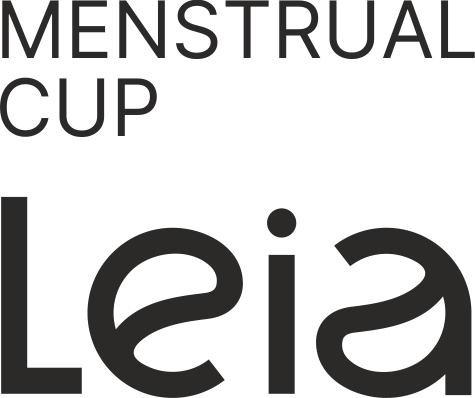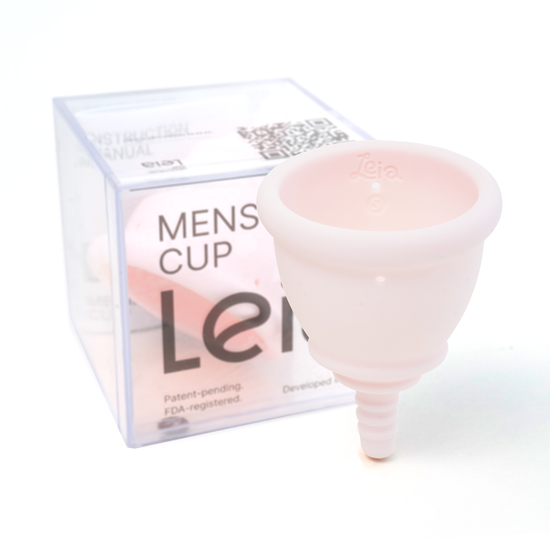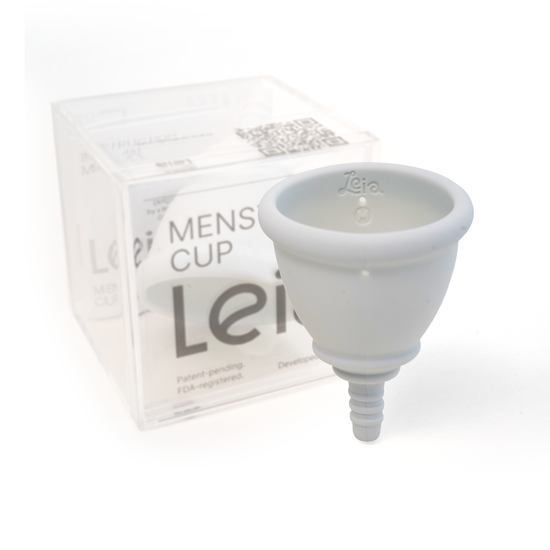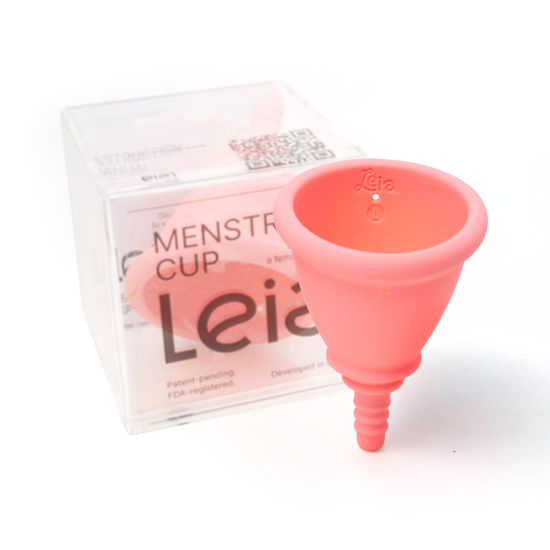The pelvic floor is a complex network of muscles and tissues that line the pelvis bones. These muscles play a crucial role in supporting pelvic organs such as the bladder, uterus, and rectum, preventing them from sagging or bulging. They also help maintain control over urinary and bowel functions. Let's delve deeper into why these muscles are so important and how to keep them strong.
Why Strengthening the Pelvic Floor Matters
When the pelvic floor muscles aren't functioning properly, it can lead to organ prolapse and issues with urinary and bowel control. Shockingly, recent data suggests that 72% of women aged 40-49 experience pelvic floor dysfunction, especially common among those who have given birth vaginally.
Preventing Dysfunction
Fortunately, there are steps you can take to prevent dysfunction in these muscles. Just like any other muscle, the pelvic floor can benefit from regular training and exercise. Engaging in physical activities, gentle fitness routines, and specific exercises targeting the pelvic floor muscles can strengthen them. Additionally, exercises opening the chest and diaphragm can be beneficial.
Avoiding Strain
Avoid excessive lifting of heavy weights, regardless of age, as it can strain the pelvic floor muscles and potentially lead to dysfunction. Proper recovery and care after childbirth are crucial in preventing issues with these muscles. Measures such as preventing constipation and avoiding prolonged periods of sitting or standing whenever possible can also support their health.
Managing Dysfunction
For individuals already experiencing pelvic floor dysfunction, there are numerous techniques and methods available for training these muscles.
Enhanced Support with Leia Cup
In addition to exercises, the Leia cup offers comfort and reliable protection against leaks during periods. Its anatomically correct shape and reinforced rim ensure that the cup stays securely in place, providing support to the pelvic floor muscles and preventing any shifting or leakage, even during physical activities and sports.
In summary, the pelvic floor is essential for supporting pelvic organs, preventing prolapse, and maintaining urinary and bowel control. Taking steps to prevent dysfunction through regular exercise, avoiding strain, and proper postpartum care is crucial. For those already experiencing dysfunction, various techniques and methods are available for strengthening and improving the condition of the pelvic floor muscles. Additionally, using a menstrual cup like the Leia cup can provide comfort and protection against leaks.




